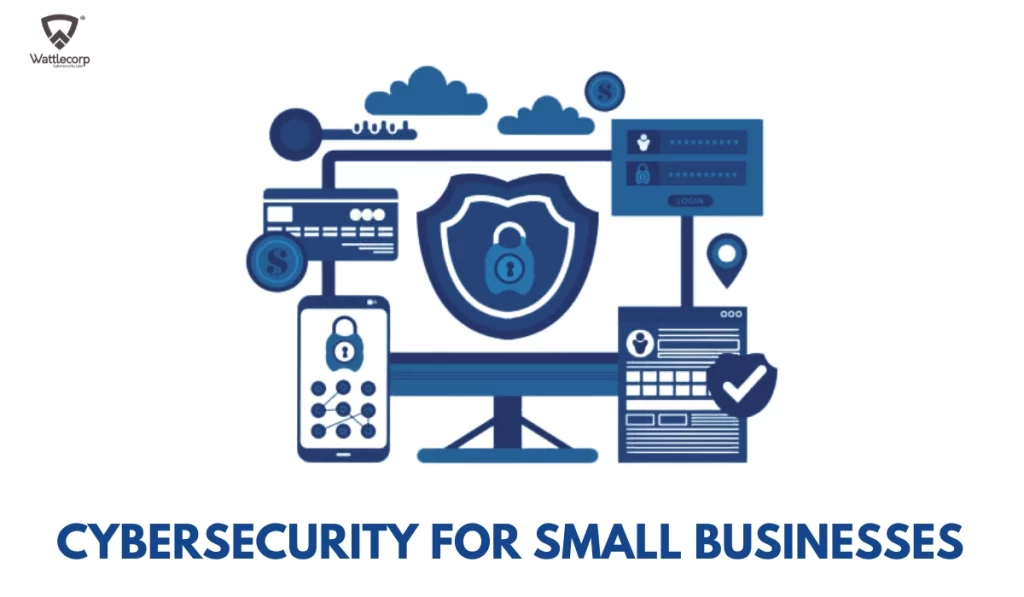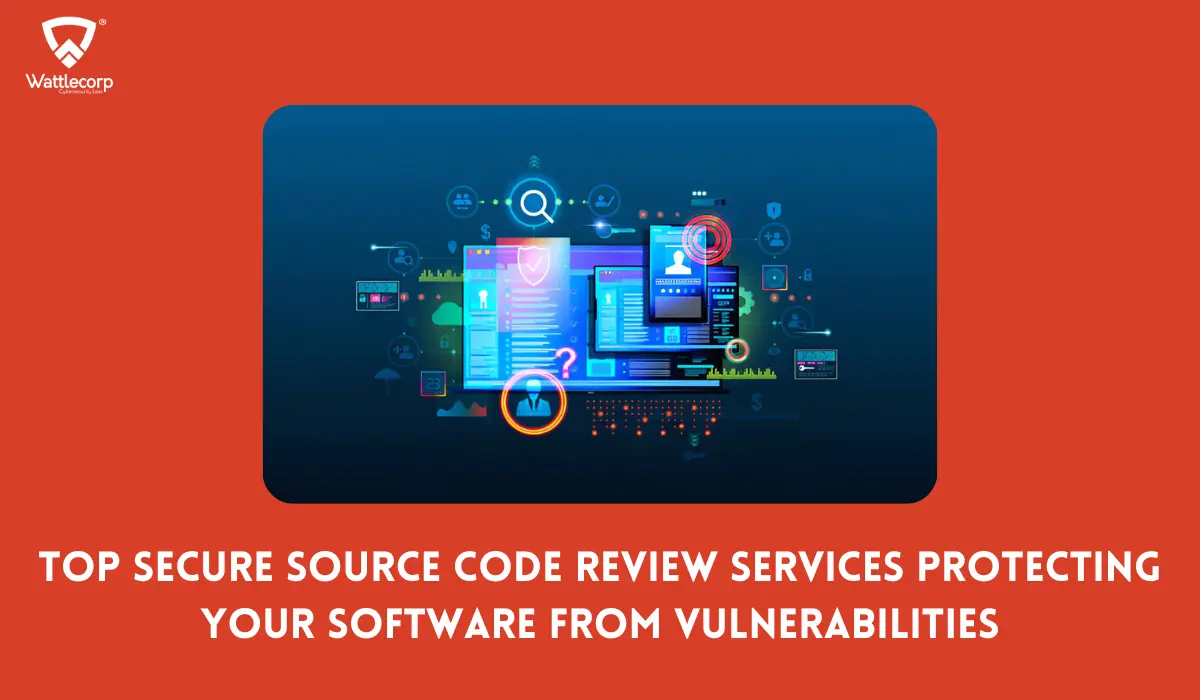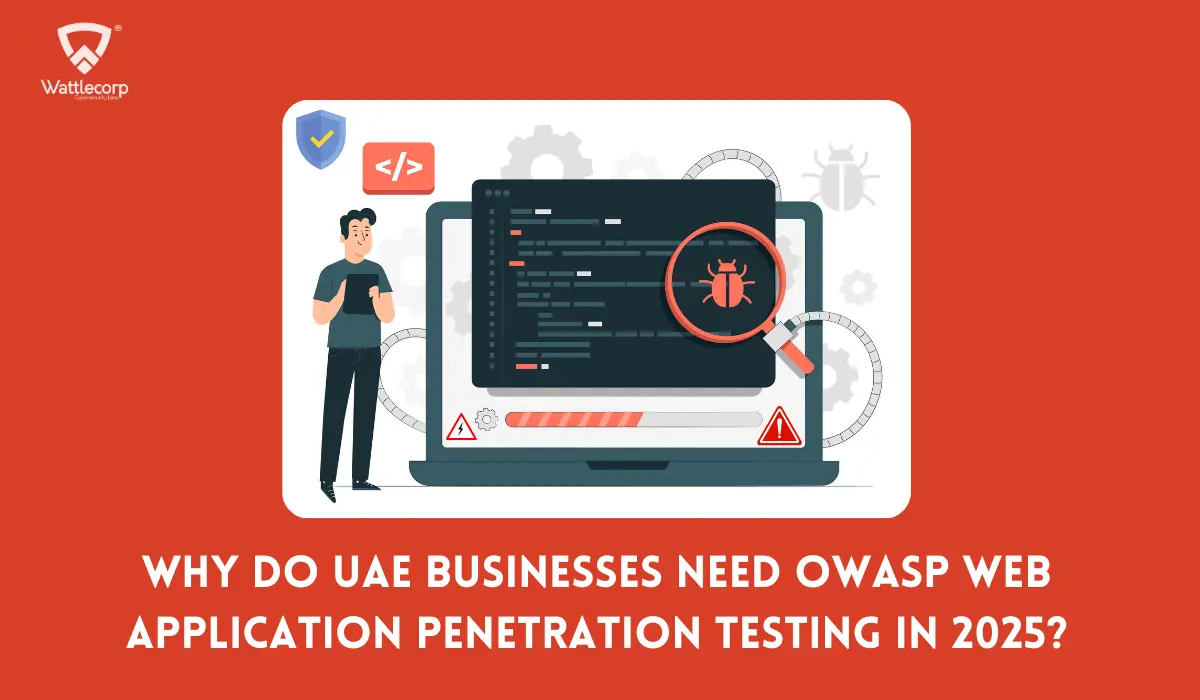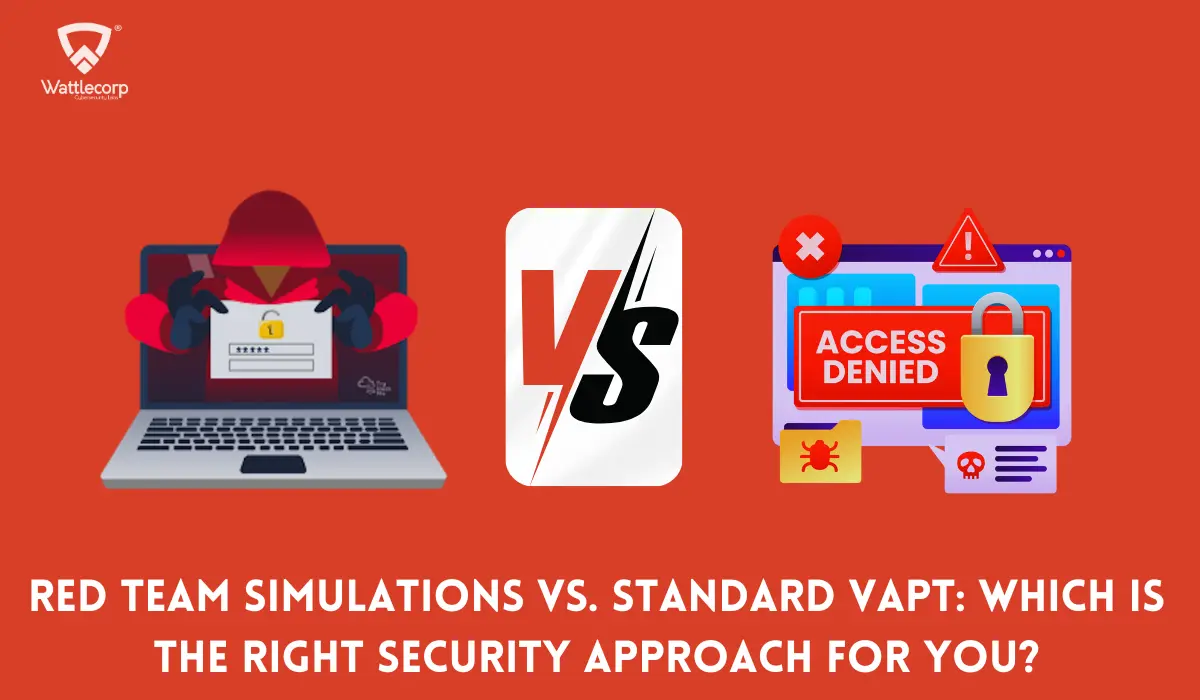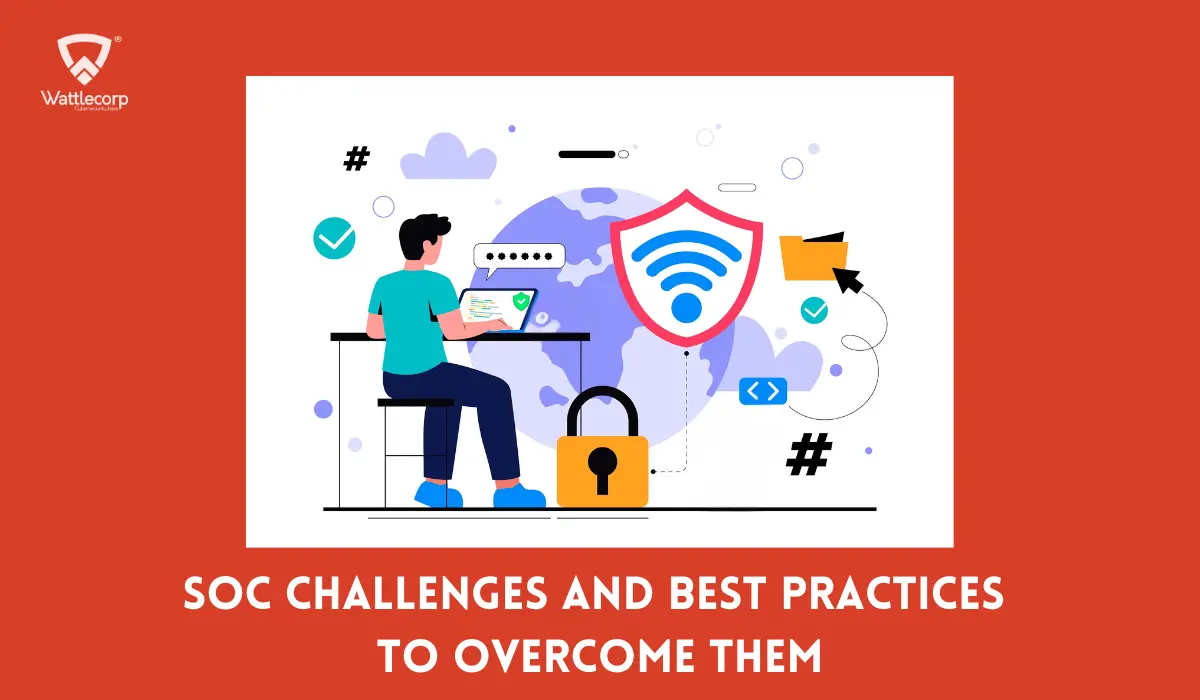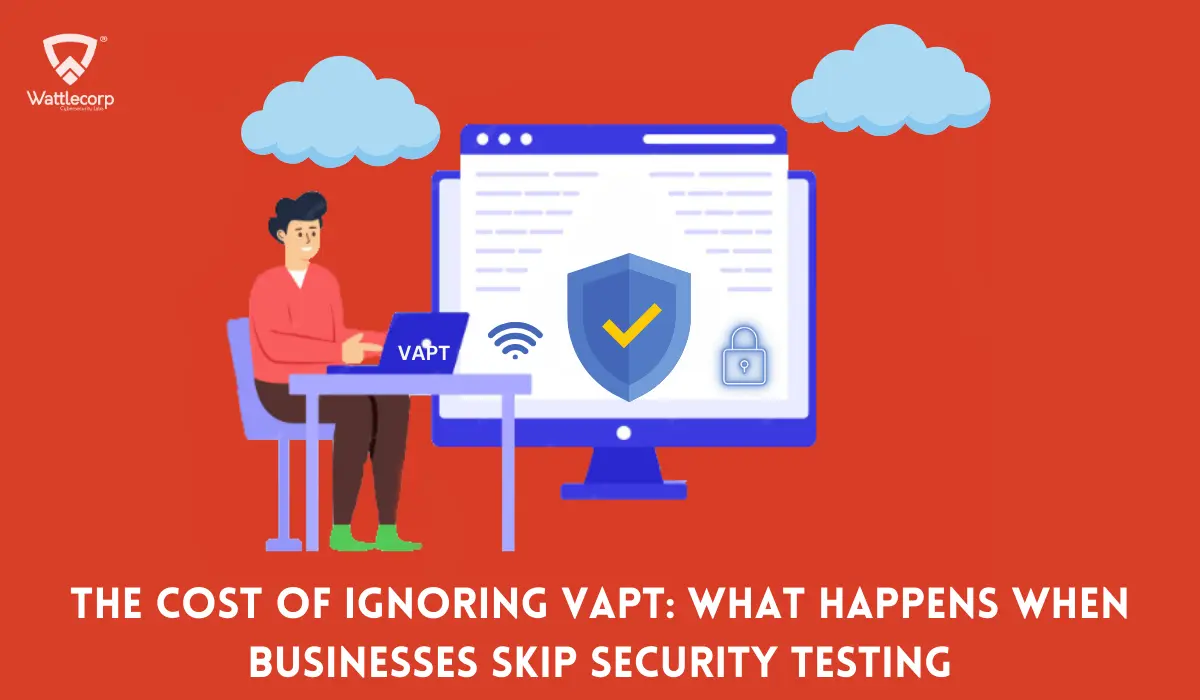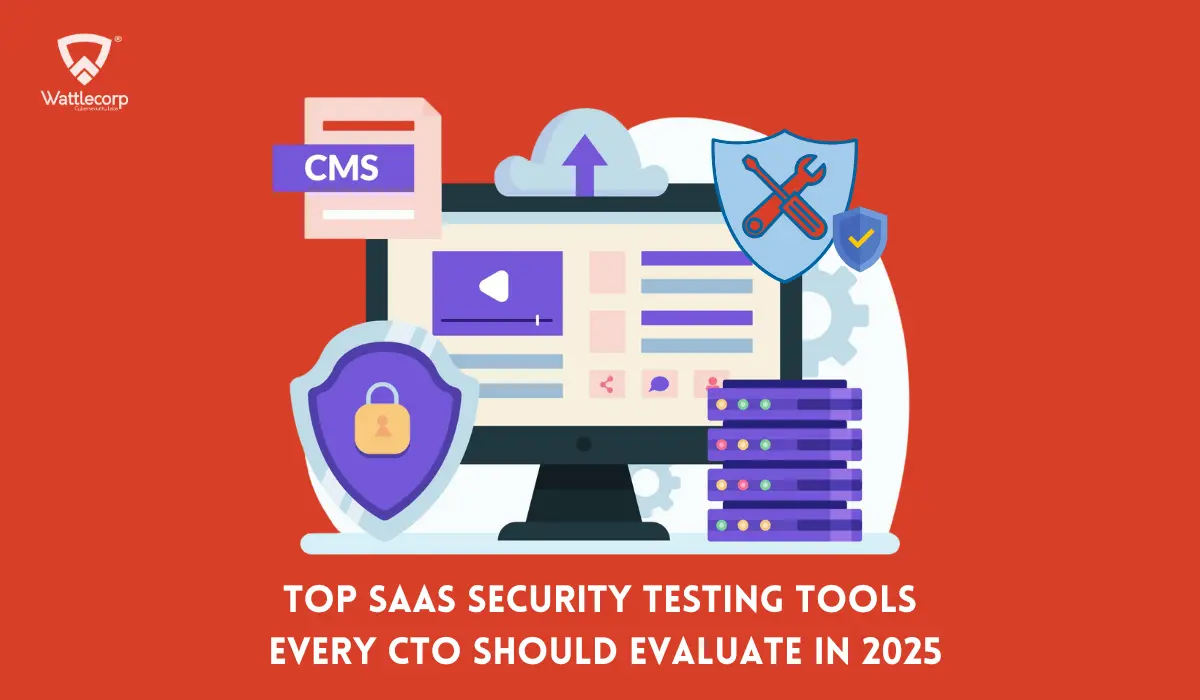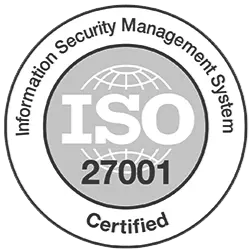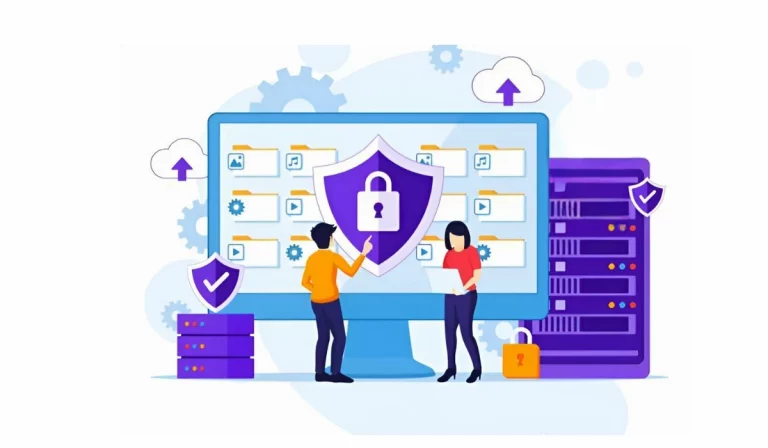Awareness of cyber attacks has certainly increased over the years, but is it enough?
70% of small businesses have no idea how to deal with a cyberattack. Lacking the basic security measures, SMBs are creating an open invitation for cyberattacks. Certainly, there will be budget constraints for top-end cybersecurity services for small businesses.
Think about this: The average cost of a cyber attack on an SMB ranges from $826 to $653,5872, while the cost of cybersecurity for small businesses falls between $25,000 and $65,000.
Still, you may be shrouded in uncertainty when it comes to cyberattacks. This blog dives into the vulnerabilities faced by small businesses and equips you with cybersecurity measures for small businesses to fortify their defenses and keep hackers at bay.
Table of Contents
ToggleWhy Do Cyberhackers Go After Small Businesses?
New business owners have a lot on their plates, and cybersecurity can easily get overlooked. But neglecting it is a recipe for disaster! Hackers love targeting small businesses with weak defenses. Since SMBs have less security and a larger pool of data per customer, they become a hacker’s sweet spot.

Weaker defenses make them easier targets, and they might be pressured to pay ransoms to get essential data back. Even worse, hackers might use a compromised small business as a stepping stone to reach bigger targets.
Beware! Biggest Cybersecurity Threats for Small Businesses
New-age tactics for targeting small businesses are changing faster than we can imagine. Classic cons like phishing continue to be a major cybersecurity threat for businesses of all scales. Here are a few cyber threats small businesses need to be aware of.
Phishing
Disguising as legitimate sources or trusted contacts, attackers skillfully try to get personal data such as passwords or banking/credit card numbers. In most cases, phishing attacks are carried out via email. Social engineering is the foundation of phishing.
SMBs can have deeper consequences. A single-device penetration can pave the way for the whole network of devices to be compromised. Leaving the organization on the defensive.
Watering hole
A cyber attacker identifies a specific group of users or businesses that have common interests and are known to visit certain types of websites. The attacker then compromises one of these trusted websites with malicious software.
The strategy behind this attack is that if one member of the group visits the infected website and their system becomes compromised, it’s likely that others in the group will suffer the same fate.
Malware
Malware (malicious software) is like a digital burglar, sneaking into your system to cause havoc. It can come disguised as games, downloads, or even emails. The 3 main types include:
- Trojan Horses: These sneaky programs hide inside seemingly harmless applications, waiting to unleash their malicious code.
- Viruses: Think of these as digital diseases. They spread quickly, infecting your files and programs, and can slow down your entire system.
- Worms: Similar to viruses, worms can also infect your system, but they focus on replicating themselves and spreading to other devices on your network.
Password Piracy

Weak passwords are like leaving your front door wide open for a thief. Cybercriminals use sophisticated programs to crack simple passwords or steal them through hacking techniques.
Cybersecurity Risk Management for Small Businesses
How to prioritize cybersecurity with limited resources is one of the main concerns for small businesses. Before you jump into heavy cyber security services, there are cybersecurity essentials that can provide decent protection against malicious attacks. Here are a few :
Activate Multi-Factor Authentication
Your accounts are more secure when you use multi-factor authentication (MFA). In addition to your username and password, anyone logging into your account will need to provide another form of identification, such as a unique code from a text message or an authenticator app.
Adopt Strong Passwords or passwords
- A significant number of cyber attacks on small businesses result from weak password practices, such as reusing the same password across multiple accounts. Using a password manager and passphrases can help create strong passwords.
- A password manager is like a digital vault for your passwords, allowing you to create and store strong, unique passwords for each of your accounts.
- For accounts that you frequently sign into or prefer not to store in a password manager, consider using a passphrase.
Manage Shared Accounts
- Shared accounts can compromise security and make it difficult to track malicious activity.
- If possible, create individual accounts for each staff member instead of sharing accounts. Keep a record of the shared accounts in your business and who has access to them.
- Do not forget to change the login details for shared accounts if a staff member leaves the business or changes roles.

Implement Access Controls
- Access control is a method of limiting access to certain files and systems. Typically, staff should only have access to what they need to perform their duties. Implementing access controls can help limit the damage caused by a cyber security incident.
Cybersecurity Tips for Small Businesses
Helplessness is not the feeling you, as an SMB, should have against a cyber attack. It is a matter of making the right decisions, like the decision to keep up with the latest security ideas, and so on. So to speed up your decision-making prowess, here are a few tips to help you:
- Employee Training
Invest in cybersecurity training to educate your staff on the importance of strong passwords, identifying phishing scams, and handling sensitive information. Up to 32.4% of employees who are not trained to spot phishing links will click on one.
- Conduct a Risk Assessment
By conducting a risk assessment, you can identify potential vulnerabilities in your network, systems, and data storage practices. All the while keeping track of where your data resides, who has access, and how it might be compromised.
- Antivirus Software
Choose a program that offers real-time protection, automatic cleaning capabilities, and regular updates to stay ahead of evolving threats.
- Encrypt Sensitive Data
If your business handles sensitive data like credit cards or bank accounts, consider data encryption. Encryption scrambles information into an unreadable format, rendering it useless even if stolen.

- Secure Your Wi-Fi Network
Upgrade your network from WEP to WPA2 or a more advanced encryption standard. Always change the default network name (SSID) and create a complex password.
- Keep the software updated.
Regularly update all the software your business relies on, including operating systems, applications, and firmware (like Wi-Fi routers), as these updates contain security patches for new vulnerabilities.
- Backup Regularly
Make sure you regularly back up your critical data. Data backup ensures you can recover essential files in case of a cyberattack or hardware failure.
- Install a Firewall
A firewall acts as a barrier, monitoring incoming and outgoing data and blocking unauthorized access or malicious content like viruses.
- Utilize a Virtual Private Network (VPN)
Offer an extra layer of security for remote workers by implementing a VPN. A VPN encrypts data and IP addresses, creating a secure tunnel between your employees’ devices and the company’s network, especially when using public Wi-Fi connections.
Security-First, Always
Cybersecurity for small businesses is not a herculean task. With a security-first mindset and the right cybersecurity strategies for small businesses, you can always stand protected. Even when we say security-first, we know it’s cost-first for most small businesses and the looming question is how to find affordable cybersecurity solutions. We have something for that, too.
Many free resources exist online and from government organizations. Train your staff on identifying phishing scams, password hygiene, and data security best practices. Open-source security Tools may require some technical expertise to set up, but they offer significant cost savings. Even with these low-cost options, there will be situations where you might need expert cybersecurity professionals. Just so you know, Wattlecorp is just a call away.
Cybersecurity for Small Businesses FAQs
Cybersecurity indeed involves some investment, but the cost of a potential data breach can far outweigh the investment in cybersecurity.
While there are certain steps you can take yourself (like regular software updates and employee education), cybersecurity is a complex field. Hiring an expert or outsourcing to a cybersecurity firm can provide comprehensive protection.
The single most important thing you can do is create a culture of cybersecurity awareness in your organization. Regular training and updates can ensure that everyone in your team understands the risks.
